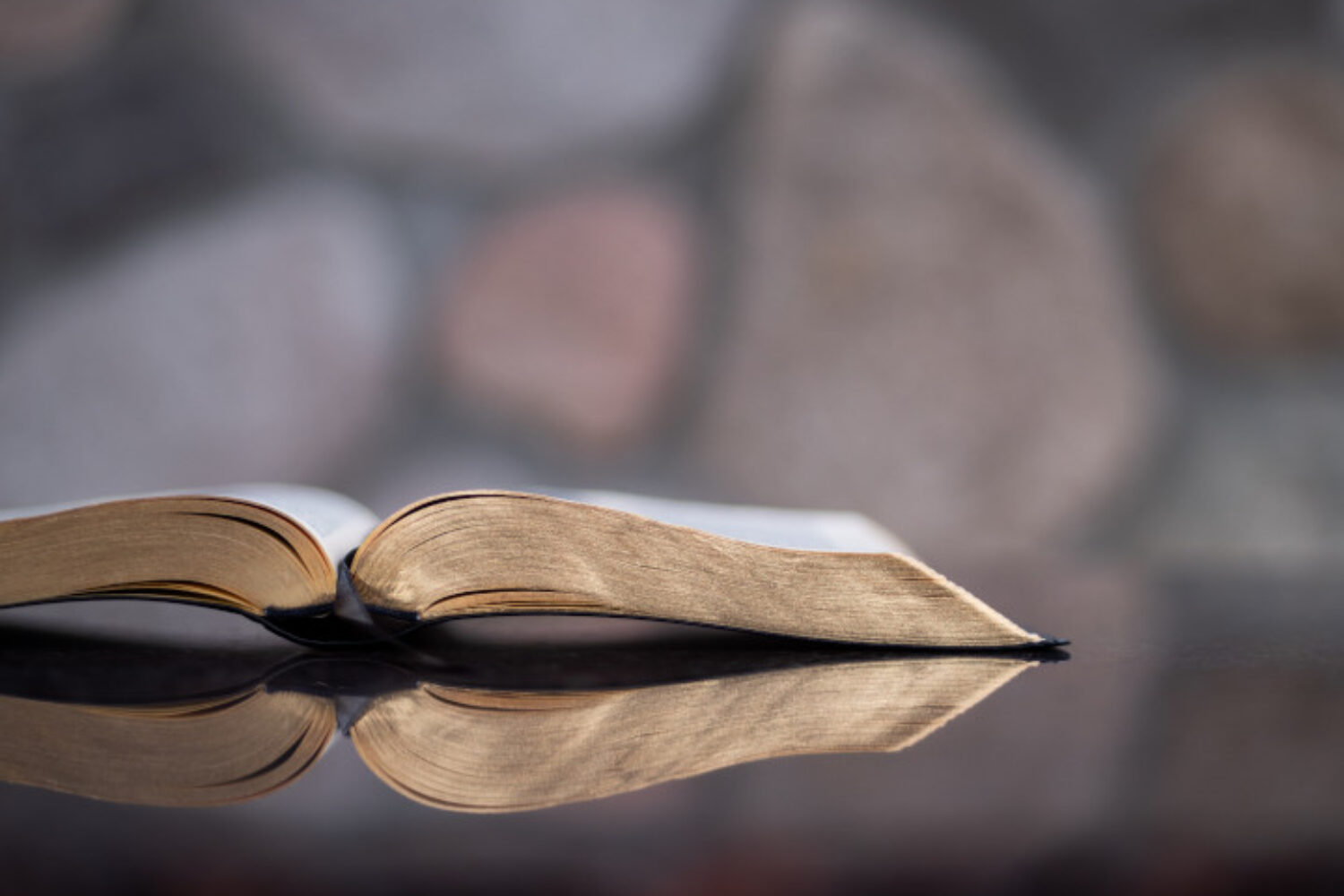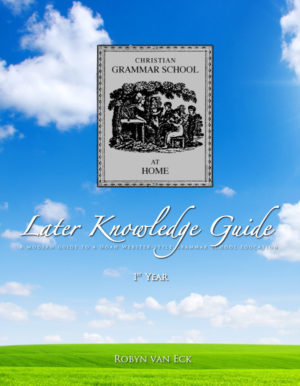Photo by Aaron Burden on Unsplash
Great Books.
We all know the importance of reading to our children. Every private school, public school, homeschool curriculum, library, and mommy blogger has The Definitive Booklist of the books your child absolutely must read in order to receive a good Education.
But there is one book, which used to be considered the most important book for students to read, which is not on a single one of them!
When I realized this grievous oversight—with Homeschool Mommy passions enflamed—I created a plan to right this wrong. I call it… The Great Book Curriculum.
What is this book? It was written over the course of 1,500 years, starting 3,500 years ago. It is the best-attested ancient document we have.
It contains ancient history, ancient literature, customs, character lessons, legal codes, and a wealth of ancient wisdom and knowledge. And it used to be considered indispensable to a good education.
Are you on to me, yet?
It’s the book that is also living, and powerful, and sharper than even the sharpest sword. It’s the only book God ever wrote.
And it is essential to a well-rounded education.
Did you know that the Bible is the most ancient book in all of human history? Genesis was written at about 1500 BC. And although Moses is the author of Genesis, the text seems to indicate that he was compiling more ancient texts, going back to documents that were actually written by the first man himself, Adam.
For real.
And it’s easy to read. Some of the other books of the Bible get harder to read, but Genesis is a history book, full of stories. And it’s fascinating! How the world was created. Who committed the first murder. Who built the first city. Who made the first musical instruments. Why we wear clothes. Massacre, love, kidnapping, loyalty, betrayal, battles, and even fire raining down from heaven. It is a fun read.
The history of the Bible carries on, without interruption, all the way until just after the time period when Leonidas and his 300 Spartans were fighting off the Persians. Then, after the Silent Period, Christ comes and the New Testament is written.
Did you know that, throughout history, dates were always kept by kings’ reigns? That’s why the dating of ancient empires is so problematic. “The famine came in the 14th year of Amentas,” or what have you. Not, exactly, as momentous a mark in History as those kings would have liked to think when they ordered their chronicles to be recorded…!
But did you know that, today, we still keep dates by kings’ reigns?
Virtually the whole world dates our calendar by Christ’s birth. A.D., Anno Domini, means “in the year of our Lord”, speaking of our Lord Jesus Christ. Even when secular historians switch out “Anno Domini” for “Common Era”, they’re still dating the years of the reign of King Jesus. The Incarnation of Christ literally divides world history in twain—before Christ’s birth, and since.
Whether you are a Christian, or not, Christ’s life is the single most important event in human history, and it’s worth your children understanding what this piece of history is all about.
This ancient document, incredibly, is available translated very clearly into English, doesn’t have any bits you have to worry about reading with the children (although you may want to skip detailed answers to their questions about what “lay with her and defiled her” means, until they’re older), and can cost as little as $5 on Amazon.
It contains all of the great types of literature: History, Poetry, Words of Wisdom, Stories, Songs, Parables (teaching stories, kind of like Aesop’s fables), and even Prophecies.
You may say, Reading the Bible is a great idea, but it’s too much for our family to do.
That’s why in Grammar of Grace, a key component of the curriculum is reading the Bible. There is a short assignment every day, about 15–20 minutes of daily reading. In Cycle 1, we read all of the Old Testament history until Israel begins to have kings (including the Law); in Cycle 2, we read the rest of the Old Testament histories, plus Job, Ecclesiastes, and Song of Solomon. In Cycle 3, we read the Old Testament Prophets; and in Cycle 4, the New Testament (yes, it’s that short compared to the Old Testament!). The Psalms and Proverbs are split up over the whole curriculum, a psalm or two and some proverbs, every week.
And that’s it. Four days a week, 24 weeks a year, and the children hear the whole Bible.
And then your child has heard the most important book in all of literature and history, not to mention the one that will show him the path to God.
(And so have you.)
We think this is one of the cornerstones of a child’s education. Don’t skip it; don’t put it off til later; don’t “add it in” after the “more important” things. You’ll never regret taking the time to read the Bible to your children.
What part of the Bible do you most enjoy reading to your children? Or what’s a memorable moment you had, reading the Bible to your children? Please share below!
Thanks for dropping by; please keep us in prayer!
Quick Tip: When you get to names that are hard to pronounce, just do your best and don’t worry about it. Seriously, these people have been dead for thousands of years; they won’t be offended.
Recommended Resources
-
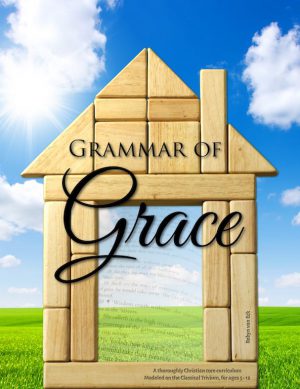
Grammar of Grace
$89.00 – $148.00 Select options This product has multiple variants. The options may be chosen on the product page -
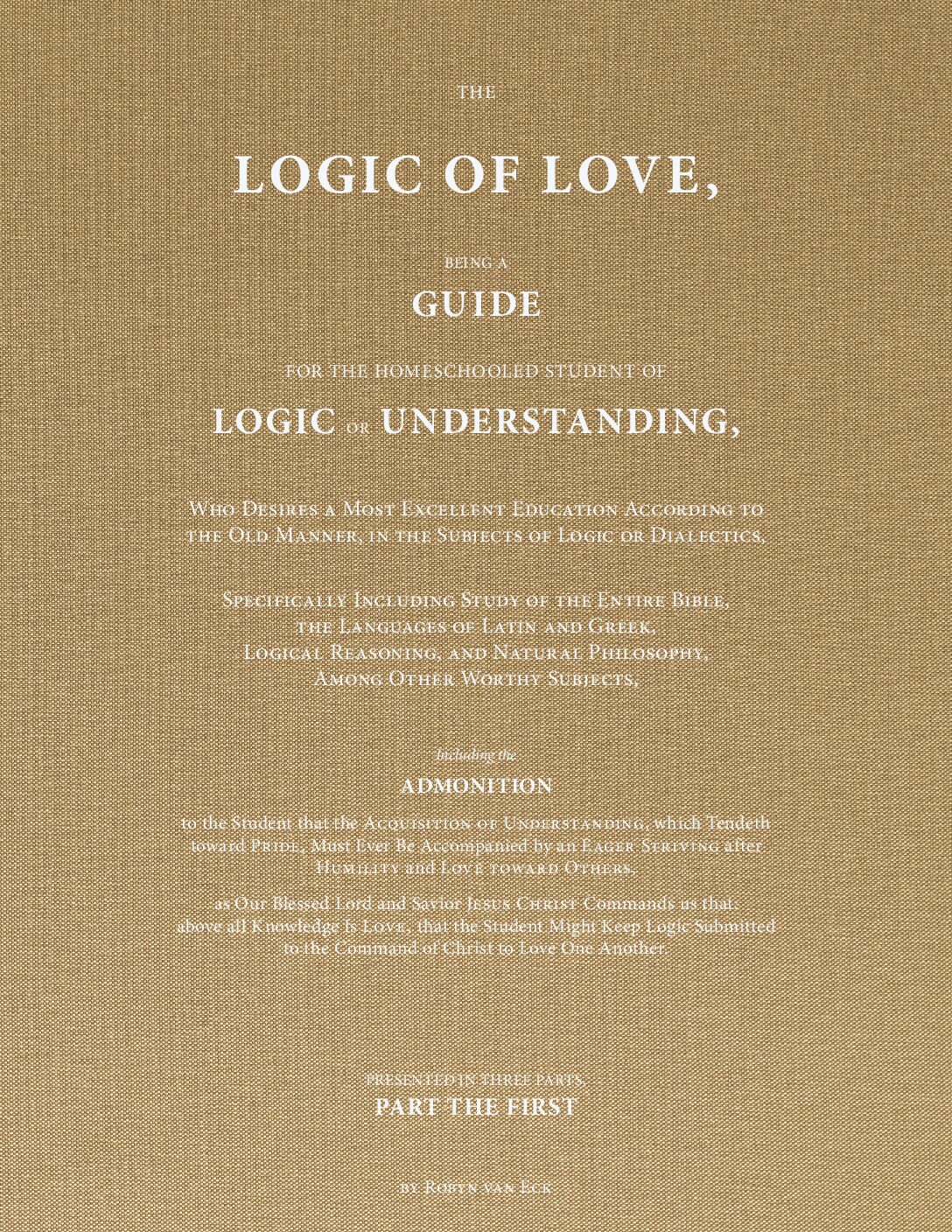
The Logic of Love: Understanding 1
$45.00 – $60.00 Select options This product has multiple variants. The options may be chosen on the product page -
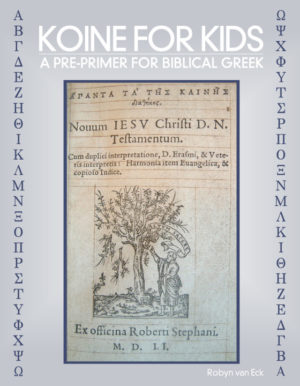
Koine for Kids: A Pre-Primer for Biblical Greek
$18.00 Add to cart

